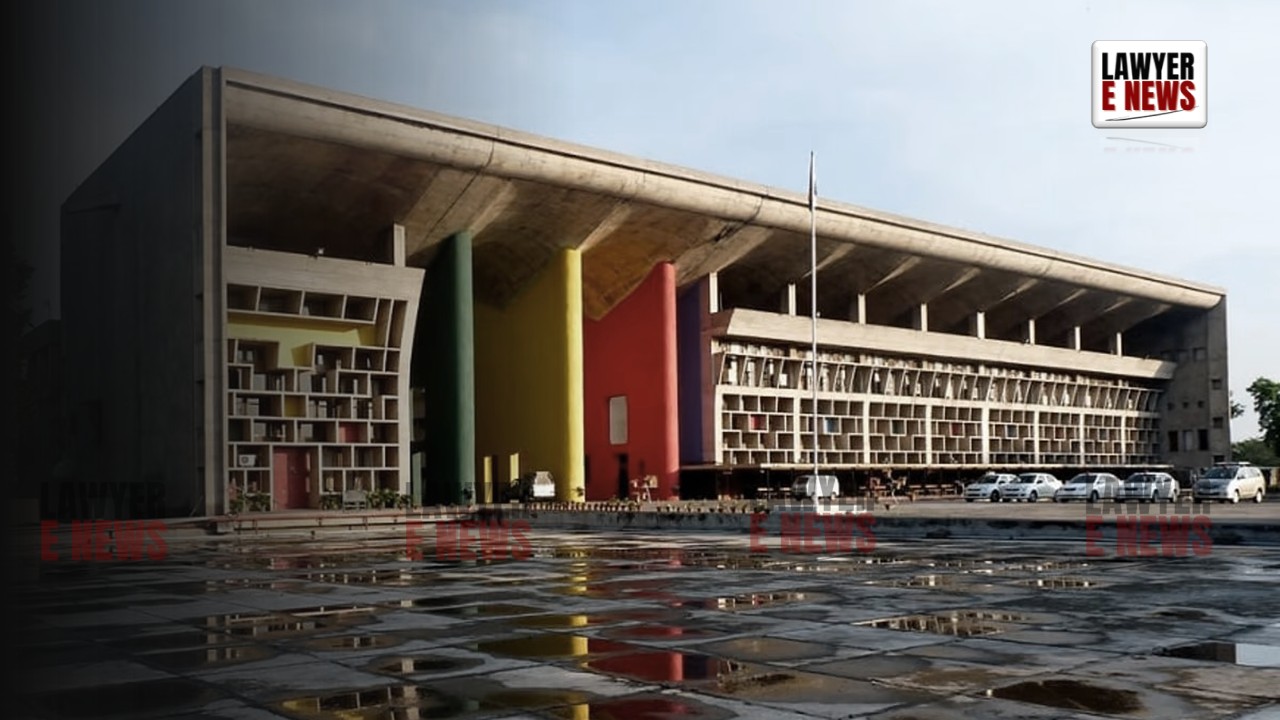-
by Admin
18 February 2026 2:25 PM



“Security and privacy of investigating officers can be safeguarded without denying the accused access to crucial electronic evidence” — In a notable judgment delivered Punjab and Haryana High Court allowed a criminal revision petition holding that an accused person has the right to summon electronic records, including call detail records (CDRs) and tower location data, to establish his defence. Justice Rajesh Bhardwaj, setting aside the trial court’s order that denied the application under Section 91 CrPC, ruled that access to such records is essential for a just and fair adjudication.
The High Court emphasized: “Security and privacy of the police officials investigating the case has been taken care of. The call records as sought to be preserved by the petitioner is to prove his innocence.”
Sanjiv Kumar, a taxi driver, was implicated in an NDPS case arising from FIR No. 155 dated 04.04.2023 under Sections 20 and 29 of the NDPS Act. He contended that he had been falsely implicated and arrested at a time when he was present in his hometown, far from the alleged recovery site. To prove this, he filed an application seeking preservation of mobile tower locations and call details of his phone and those belonging to members of the raiding party and special officer.
The trial court dismissed the application on 08.05.2024, reasoning that providing CDRs of police personnel would compromise their privacy and safety.
High Court's Observations: “Electronic records are admissible under Sections 65A and 65B of the Indian Evidence Act”
Justice Bhardwaj took a firm view against the blanket denial of such evidence and held that the impugned order failed to appreciate the legal position as laid down by the Hon’ble Supreme Court. Citing Suresh Kumar v. Union of India, the Court emphasized:
“Electronic records are admissible evidence in criminal trials… the appellant has every right to summon whatever is relevant and admissible in his defence including electronic record relevant to finding out the location of the officers effecting the arrest.”
The Court further stressed: “While the call details demanded by the appellant can be summoned… such details being relevant only to the extent of determining the location of officers concerned need not contain other information… calling numbers and numbers called shall be blacked out.”
Balancing Right to Fair Trial and Police Privacy
The High Court struck a careful balance between the accused’s constitutional right to defend himself and the need to protect the identity and movements of the investigating officers. It directed that: “Only that record of the calls which is relevant for the just decision of the case would be used during the trial and not the record which has no relevancy or puts the privacy of the police officials at risk.”
Setting aside the order of the Additional Sessions Judge, Ambala, the High Court allowed the petition under Section 91 CrPC. It held that refusal to summon potentially exculpatory electronic evidence merely on grounds of official privacy undermines the right to a fair trial.
This ruling reiterates the principle that the fairness of the criminal process must not be compromised under the pretext of institutional secrecy, especially where liberty and justice are at stake.
Date of Decision: 7 April 2025
